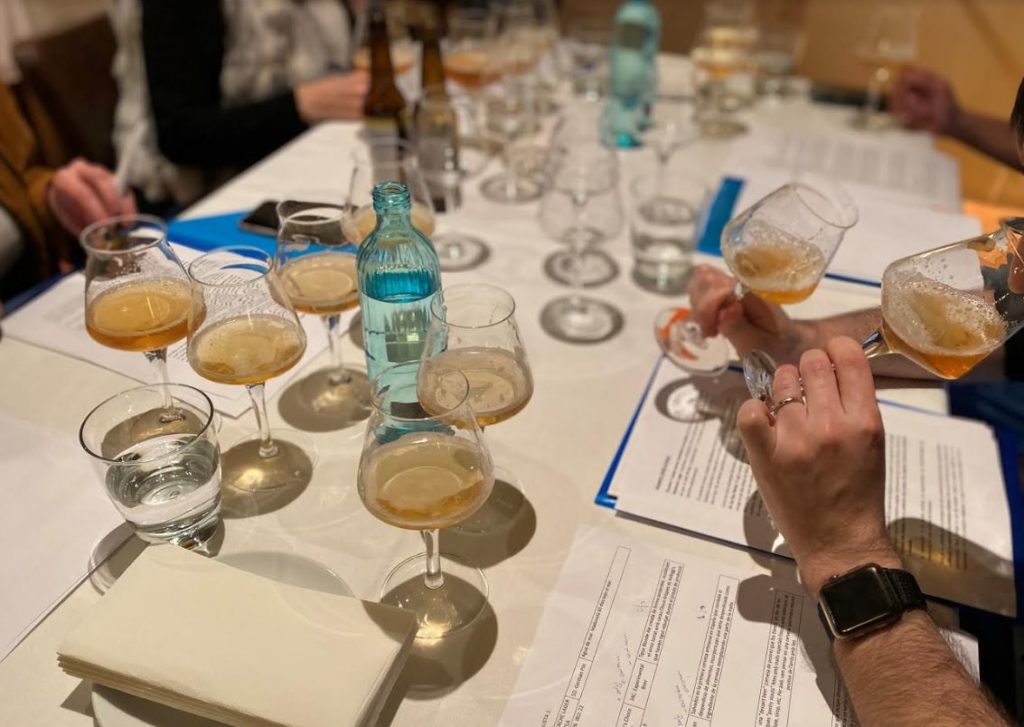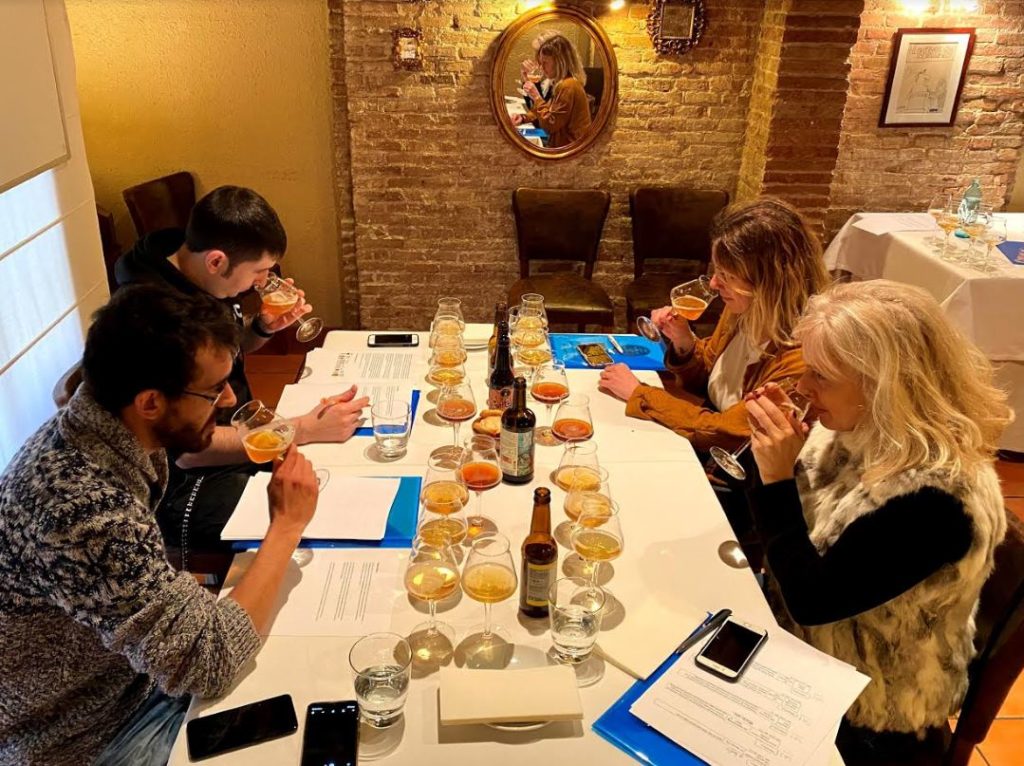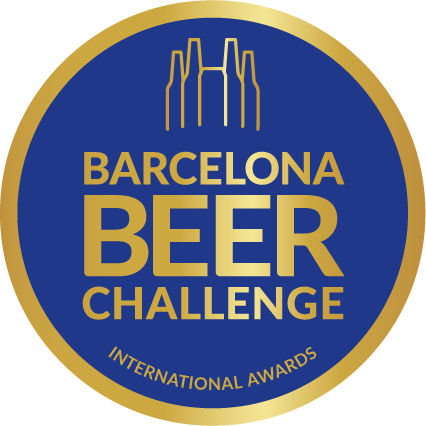1167 beers from 232 breweries and record for local participation.
We are going to reveal the 5 finalists of the Molina for Brewers Innovation Award.
Last week the registration period for the sixth edition of the Barcelona Beer Challenge concluded with great success, the main beer competition that each year reveals the best-rated beers qualified by a jury of 50 judges.
Finally, in this 2021 edition there have been 232 participating brewers that have submitted 1,167 different beers to the contest. This figure is 8% lower than 2020 edition, especially due to the drop in international participation caused by COVID19. On the other hand, the participation of local brewers has increased compared to the previous year. This greater participation of Spanish breweries is valued very positively by the organization, which appreciates the trust and assumes the responsibility of maintaining the contest in its high-quality standards.

The contest has established 59 categories of styles in competition. In each category are awarded with three medals – gold, silver and bronze. The brewery who wins most medals receives the honorary title of ‘Best Brewer of the Year’. The current title is held by the Barcelona-based Edge Brewing. The same award is established for those newly created factories, with the “The Rookie Brewery “award, which is in possession of Cierzo Brewing from Zaragoza.
There is a third big award named “Molina for Brewers Innovation award” that rewards creativity in the brewing process and seeks new beers that add value to the sector. In the first edition, the award is given to the Mustache brewery, with its “Lager de Batea”, the brewery matured its beer under the sea, in the mussel racks.
The winner of this second edition of the ‘Molina for Brewers Innovation Award’ will be presented within the framework of the InnBrew. Today we announce the 5 selected finalists:

– Cervezas Colmo (Lugo). Beer: Colmo Ancares rye IPA
Recovery of the cultivation of the native variety of rye from the Ancares mountains, obtaining from it our own malt and we have also reused the excess straw for projects to recover the heritage of the area in the form of straw roofs in an R + D + project I of Bioconstruction. A circular project that goes beyond beer.
– Cátedra Beer (Múrcia). Beer: Cátedra
Cátedra removes the CO2 from fermentation through microalgae, the CO2 used to purge the air from the containers, as well as the residual CO2 that remains in the kegs once the beer has been emptied. Microalgae carry out photosynthesis and convert CO2 into oxygen, reducing the impact that brewing generates on the environment.
– Zeta Beer (Alboraia, València). Beer: Salvatge
Salvatge is a NEIPA-style beer with the particularity of using its own yeast (M73) isolated from a fig tree from the Alboraya garden, in a project that was carried out in collaboration with the UPV’s Institute of Molecular and Cellular Biology of Plants and the one that tried to isolate strains of wild yeast that had viability to produce beer.
– Segarreta (Santa Coloma de Queralt, Catalunya). Beer: Puppy Cats
It is a mixture of old and current processes. We started fermenting in coolship for two days, in it, we added tropical pineapple that we smoked on the barbecue with rosemary. We go to Inox to ferment with sacharomices, together with the fruit, for a couple of months and bottle with refermentation.
– La Piñonera (Puerto Real. Cádiz). Beer: Vendimia ‘Tintilla de Rota’
Belgian dubbel style to which is incorporated red grape must of the local variety ‘Tintilla de Rota’, almost extinct. Grape must that is in full spontaneous fermentation without sterilization, providing all its natural microbiology that will carry out the fermentation (without the addition of commercial yeast).
